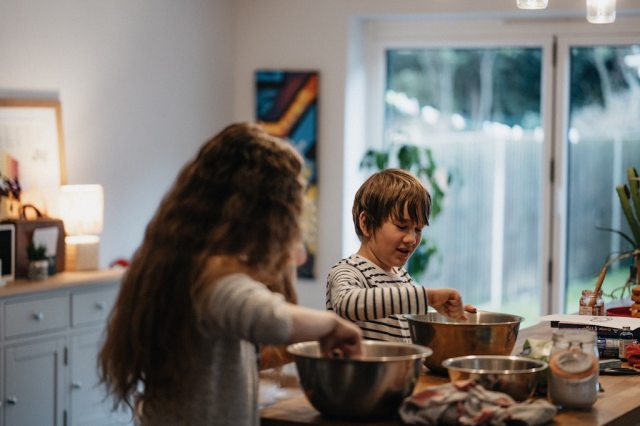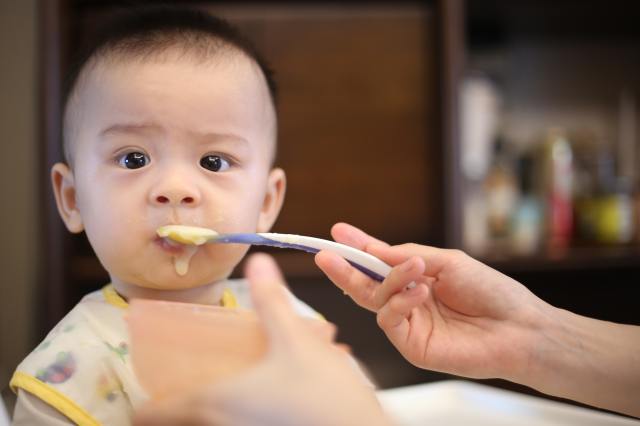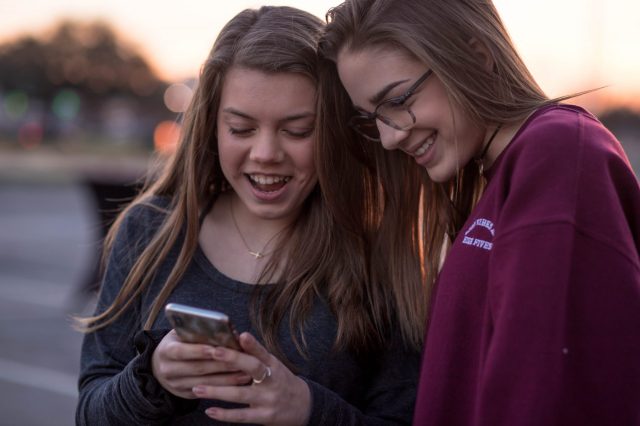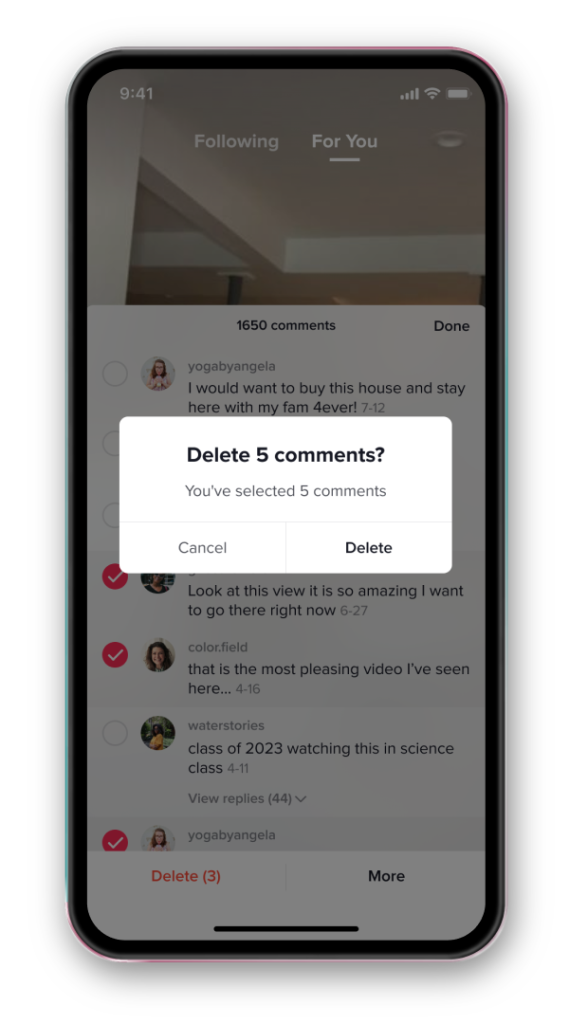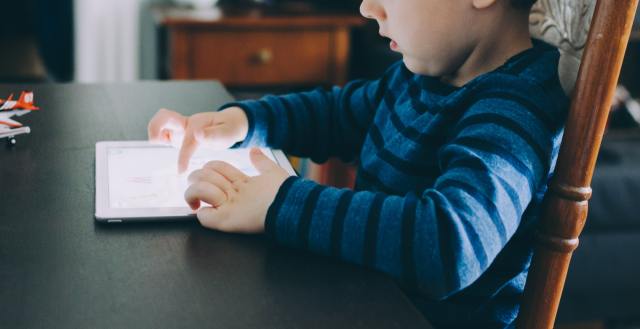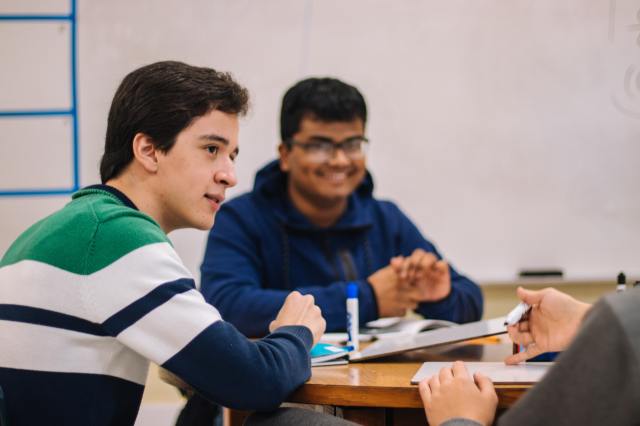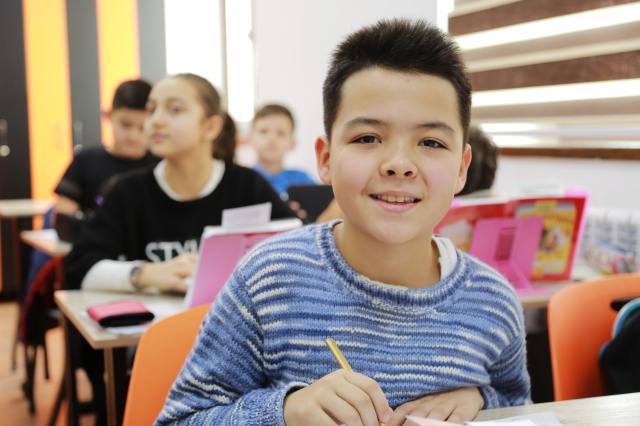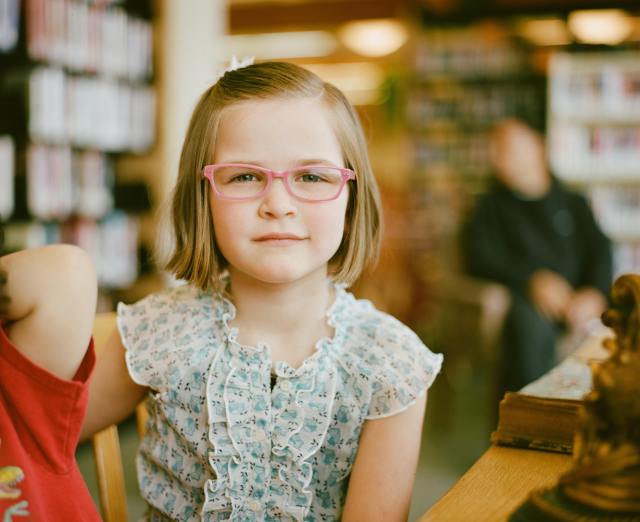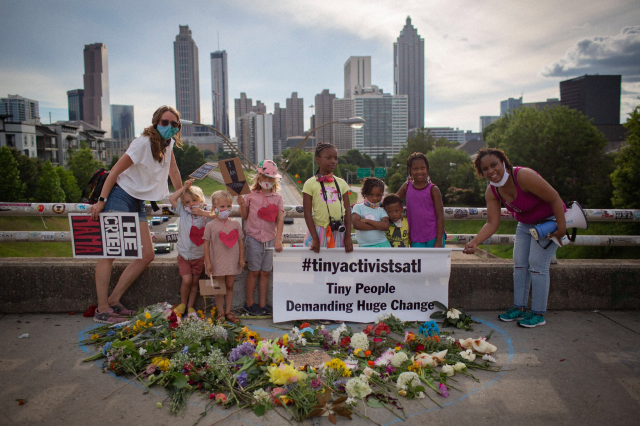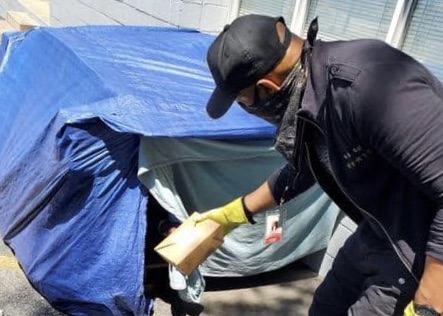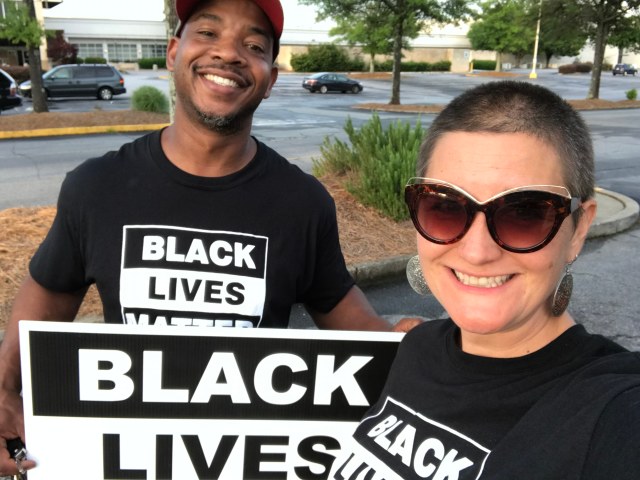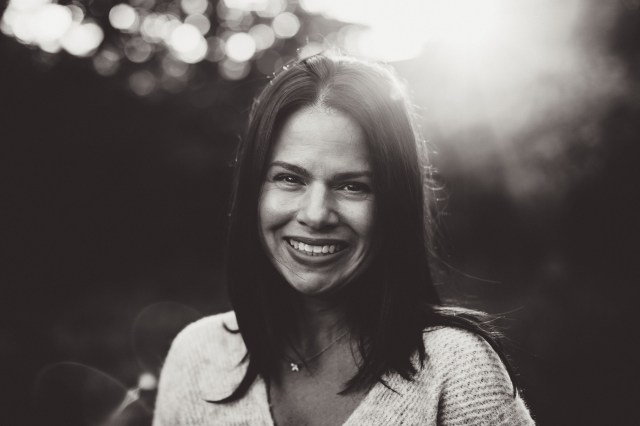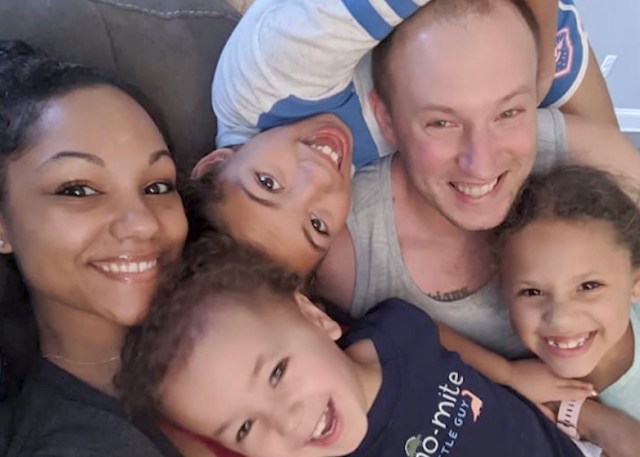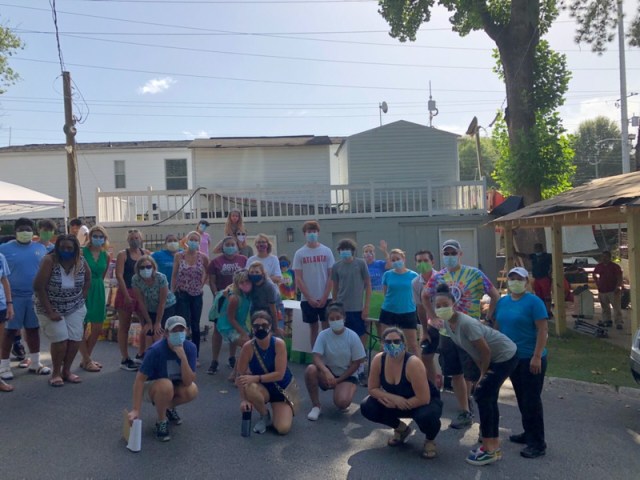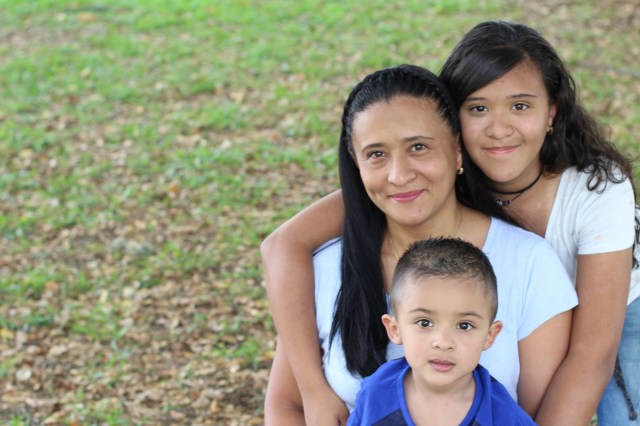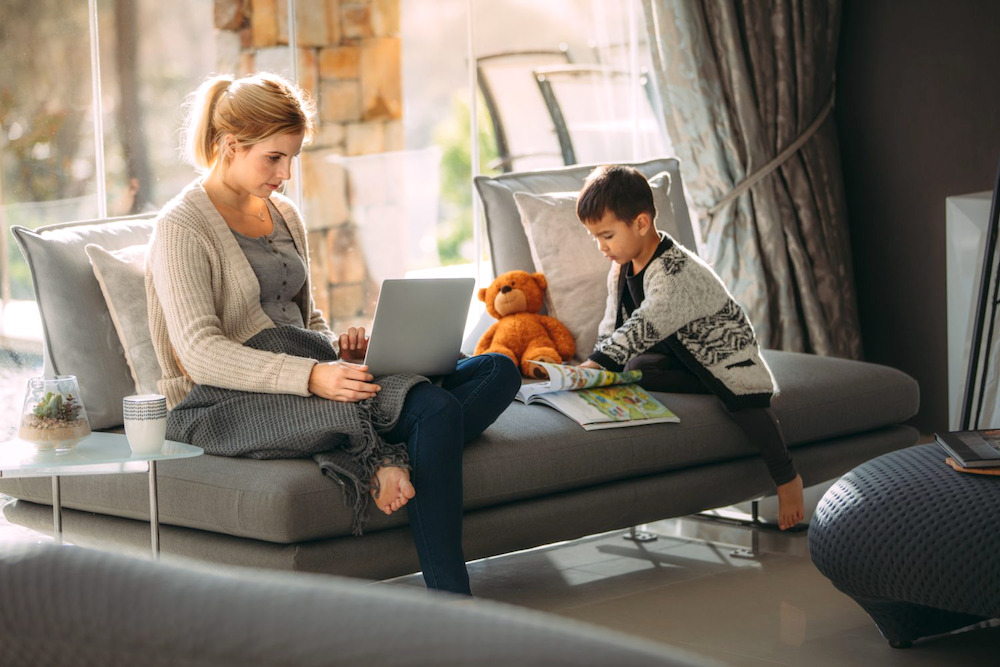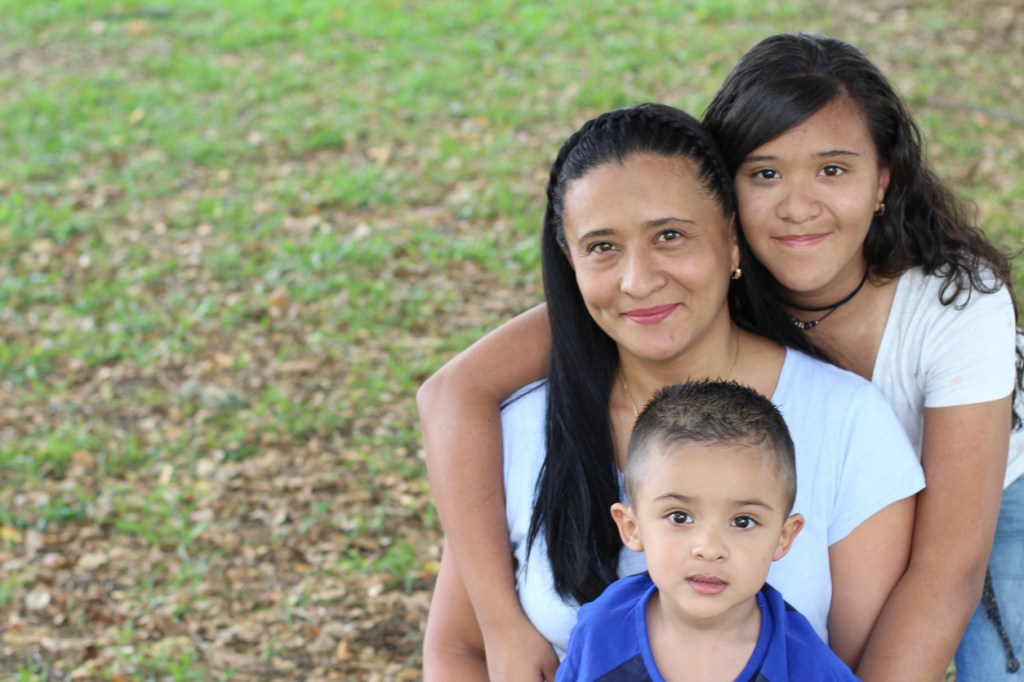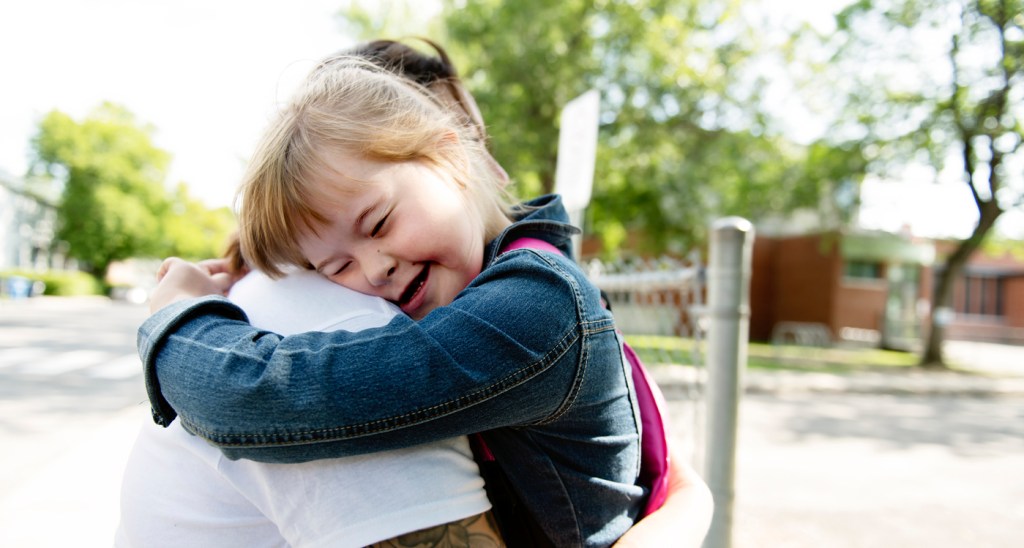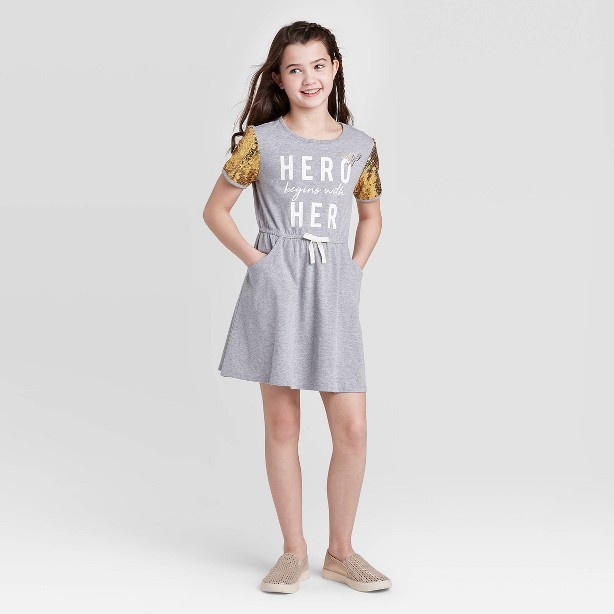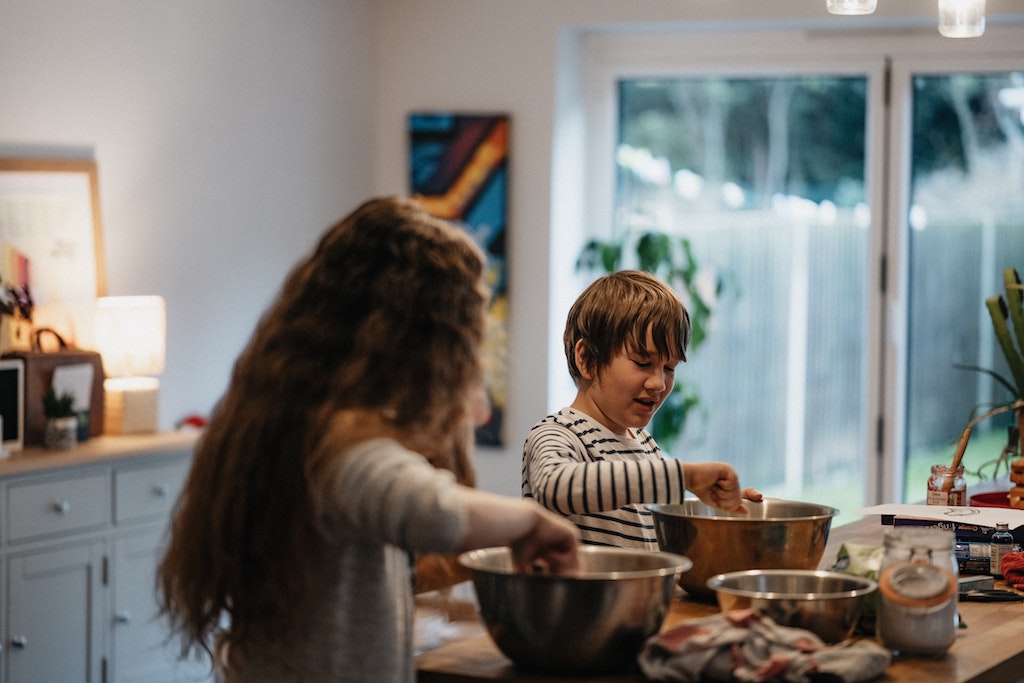
When it comes to cooking with kids, what sounds like a good idea can quickly turn into a disaster. Enter Felicity Curin and Cat Cora, two world-reknown chefs behind the Little Kitchen Academy (a Montessori-inspired kitchen where kids as young as 3-5 get to be chef) who are changing those potential disasters into dining successes. There they learn to wash, chop and cook their way to a seasonal meal they’ve made themselves.
What does it mean when it says, “Montessori-inspired Cooking Academy”?
“I was so inspired when I went back to get my AMI degree and realized that cooking is an incredible vehicle for teaching life skills, using a Montessori-inspired pedagogy,” says Felicity Curin, who conceived Little Kitchen Academy. “Montessori is a way to provide an environment in which children can become who they are meant to be. They are given tools and experiences that allow development at their speed, with their interests being encouraged, while nurturing specific needs during their sensitive periods. Focusing on the sensitive periods of the different age groups is fundamental to what we do at Little Kitchen Academy (LKA) and giving our students the ability to work at their own speed and to focus on what interests them the most is incredibly important. One student may absolutely love pitting cherries and spend twice as long as another student, who wants to finish up that task quickly so he or she can spend more time washing dishes. Having 10 separate workstations allows our students to work at their own speed and develop their interests.”
Cat Cora, the first-ever female Iron Chef on Food Network’s hit show: Iron Chef America, adds, “What I love about the Montessori-inspired approach is that each child can work independently and really figure out what he or she loves most about cooking. It’s a great way for children to find what inspires them in the kitchen, which resonates so much with me. Felicity and the whole team create such an empowering, warm environment for the students to develop into who they were meant to be, and I am so inspired by the experience every time I see a class.”
What is the biggest hurdle for kids when it comes to nutrition, making healthier choices and learning to cook?
Curin says, “There is so much accessible information out there these days and it can be overwhelming to know what to practice! I suspect the biggest hurdle is understanding which food philosophy is the correct one. We believe that the correct food philosophy is the one that makes you feel the best! If we really take a step back and a deep breath, we would see that ANYTIME we make something from scratch rather than processed or pre-packaged, we are already making a better choice. And at LKA our mission is clear: let’s build our students’ confidence and capabilities in the kitchen so when they are ready to make a choice, they will take a risk and try. Let’s help them decide what is good for their bodies, and how they like to prepare it. Let’s help them discover why they like certain foods…and sometimes, why they don’t!”
Cora adds, “The best way I have found to get a child to try more varied foods is getting them involved in cooking. Let them help you decide what’s for dinner and other meals. Let them feel invested in the meal and help cook. Kids as young as three years can begin in the kitchen like I did. At Little Kitchen Academy we have students from three years old to teens. They learn measuring, math, science, and other life skills while cooking. This also increases their confidence and independence. So have them try everything once and get them invested in the meal, cooking, gardening and grocery/farmers markets to learn more about ingredients. They will feel empowered and ready to cook!”
When parents are tired and it’s late and everyone is hungry, what’s an easy, go-to meal that everyone can participate in making?
“I recommend one pot or pan type of meals such as turkey chili, sheet pan chicken fajitas, spaghetti or a big chopped salad with everything thrown in. Breakfast for dinner is quick and easy as well and who doesn’t love that?” says Cora.
How do you recommend approaching new fruits and vegetables that young children may be suspicious of? What if a child refuses to taste his/her creation?
Curin: “When you engage a student in the process of cooking and give the child the choice about what to try, you create an environment for the child to take a risk. We make it very clear to our students that they don’t have to like what they try, but we do encourage them to understand why they don’t like it. Perhaps a child who has always said she doesn’t like tomatoes will discover that she, in fact, DOES like tomatoes when they’ve been picked, washed, chopped, and slightly seasoned. Or maybe caramelized in the oven with garlic and salt and pepper.”
How do the classes empower kids to cook at home?
Curin says, “LKA classes empower cooking at home and so much more! Our feedback ranges from a young student stepping up to help her parent cook dinner one night when things were really hectic; that was an emotional story to hear because it so clearly emphasized how much our children want to contribute. We also have heard from parents that their children now want to help set the table and sweep the floor! Another powerful result is how parents have noticed their children are more willing to jump in and take a risk when presented with a new ingredient.”
How do you navigate nervous parents who tend to eek and squeak when their child is using a knife or something sharp?
“Parents can be understandably nervous knowing their child is entering a very independent environment—we get it!” says Curin. “Our instructors are compassionate and gentle observers and only want to keep our students safe and inspired. We have extensive safety measures in place and our expectations follow very detailed knowledge in developmental stages and tendencies. We are prepared for exceptional learners (children with special needs), special diets and restrictions and, most importantly, apprehensive students and/or parents.”
What was the most surprising outcome of the Little Kitchen Academy that you’ve seen?
Cora says, “I’m always so surprised by how incredible the students are and how much they can absorb in a three-hour class. It’s inspiring to see them learn skills that I know many 30-year-olds still don’t know how to do! Watching three-year-olds learning how to hold a knife safely and chop vegetables for the recipe they are making is so wonderful because I know that those are skills that are going to last each child a lifetime. Even better, I know that this experience is helping our students develop in so many ways beyond just learning how to cook. It’s beautiful to watch, and I’m so grateful to be a part of something this special.”
Little Kitchen Academy is currently in Los Angeles (parents can register here) but keep an eye on the website as we imagine they will expand across the US soon.
RELATED:
How to Win the Battle Against Picky Eaters
Cooking with Kids: An Age-by-Age Guide
